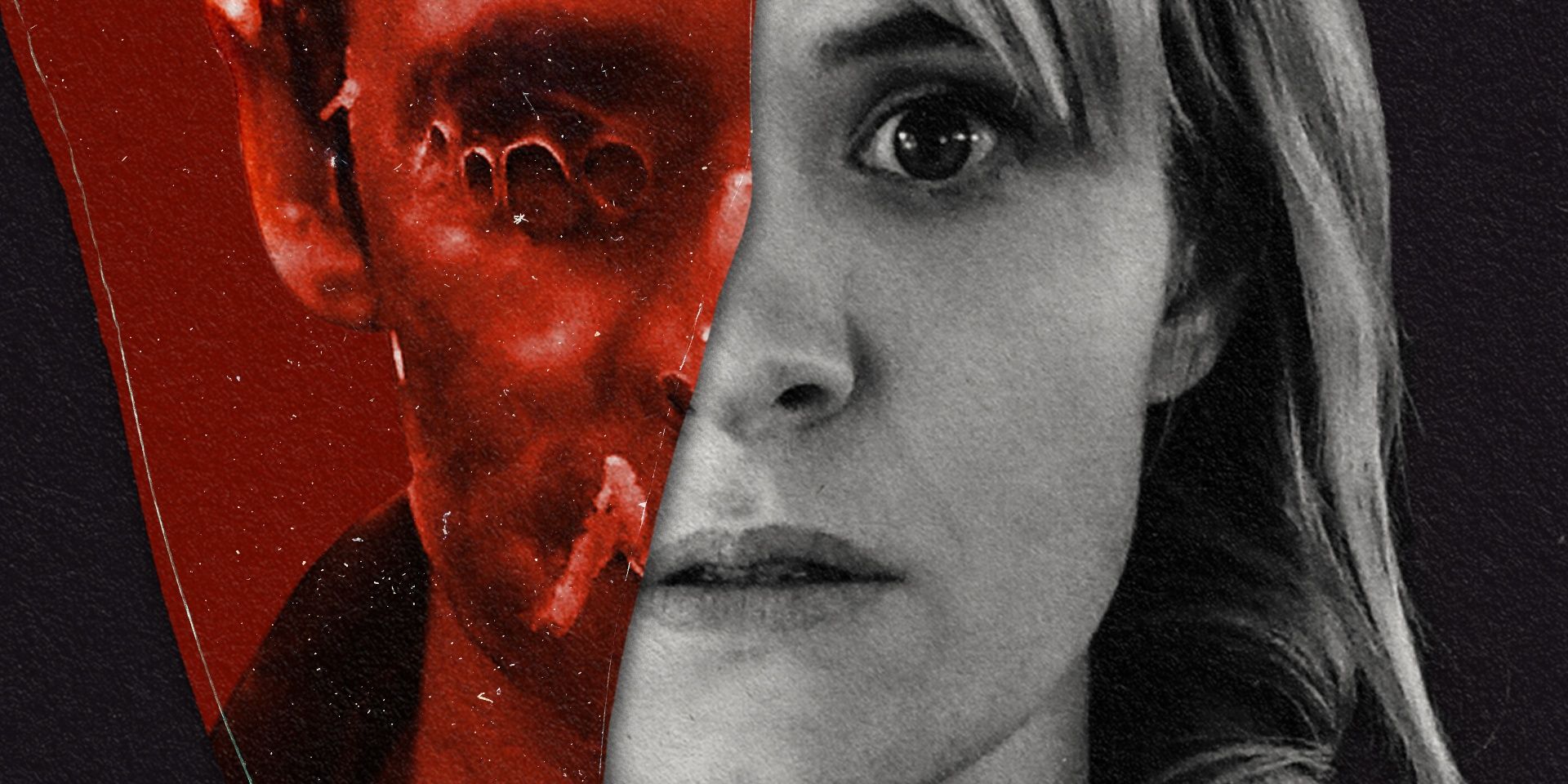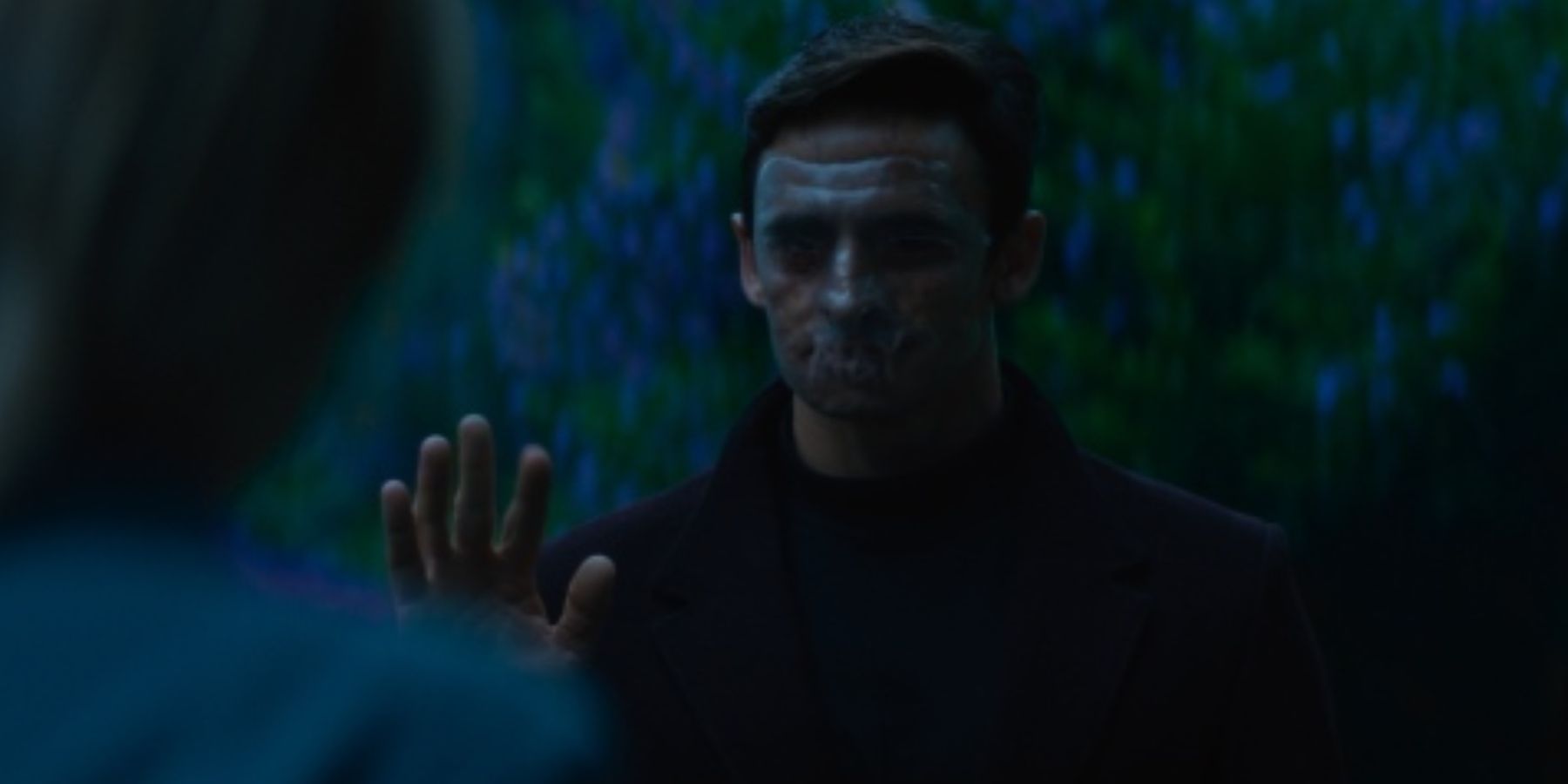As the years pass and new movies are released, it's more and more apparent that the horror genre can be perfect for creating art with sociopolitical metaphors. While some of these films, like Jordan Peele's Get Out or Leigh Whannell's The Invisible Man, become huge box office hits, that's simply not always the case. Many of these horror films with a social message are lower budget or have more quiet releases.
Streaming service Shudder is an excellent platform for finding these hidden gems. As they have a specialty in horror, if that's the genre that one has the most interest in it's likely the place that they'll find the most options. Their selection of originals is in general unique and a lot of them do have an undercurrent message surrounding social and political commentary. Not all of them are great, so it can take a bit of trial and error before finding a stand-out one, but it can be very rewarding.
Earlier this year, one of these hidden gems was released and kind of flew under the radar. It has a really unique premise and is visually well-shot and interesting to look at. By the end, the social message comes through and everything falls into place in a bit of a chaotic, but fun and interesting, way. Directed by Natasha Kermani, written by and starring Brea Grant, the film is called Lucky. It's not perfect and it won't be for everyone, but it's absolutely worth a watch.
Lucky tells the story of May. May is a writer of business books. She has many fans, specifically women who look up to her, and appears to be quite wealthy. One night while she and her husband Ted are trying to sleep, a man breaks into their house and tries to attack them. Following the initial attack, he begins to appear every single night. No matter what she does to attack him, he never seems to be injured and he always disappears before the police arrive. Is May losing her mind, or is something strange going on?
The premise of the film makes it seem a bit more intense than it actually is, until the last twenty or so minutes. As a whole, it's a little slow, not too crazy in terms of violence at all, and more about May trying to unravel what is going on with this incredibly unique situation. While there are little hints here and there as to what the real message is, it doesn't truly come together until the very end. This keeps the audience intrigued and guessing the whole time. In a way, the film plays out as if the audience is May as viewers are just as clueless as her. This is really effective if the viewer is someone who likes a bit of a mystery, but it absolutely won't be to the taste of everyone.
Besides its captivating presence, where Lucky really shines is its visuals. The film is beautifully shot, with really interesting images and a great set design. Especially towards the end when the whole plot and the message behind it are coming together and playing out on screen, it's captured perfectly. It's chaotic and confusing for the character, so it's chaotic and confusing on screen. In one particular scene in a parking lot, the best scene of the film, the coloring is just absolutely stunning and so visually appealing. That scene also packs an emotional punch and, while it does get a bit on-the-nose at that point, it's the climax of when everything truly makes sense.
The ending of Lucky comes together in a beautiful, chaotic, and anxiety-inducing madness. Anyone who can relate to the message will understand this feeling, and why the film is done this way. After May has a run-in with the masked man, she is being cared for by medics, police officers, and social workers. Things spiral out of control. They know more about her than she's revealed. They're talking too quickly. They're even singing. It's too much, and kind of Truman Show-esque. What follows is the intense climax that has to be seen to be fully understood, and for those who have experienced it, it will resonate.
Ultimately, this film is about the treatment of women by men. Ranging from gaslighting to neglect to actual physical violence, this film seems to be representing all of it. Following #MeToo, this is very topical, and given that it's both written and directed by women it's a message that feels very valid. In no way is that to say that every single man is treating all of the women in their lives horribly, of course, but it's an issue in the world that is proven to exist, and in a lot of ways it can feel like it does in this movie. Horror with social commentary may seem like a new trend, but it's been done for years and with success. Lucky is just another example of that.



.jpg)